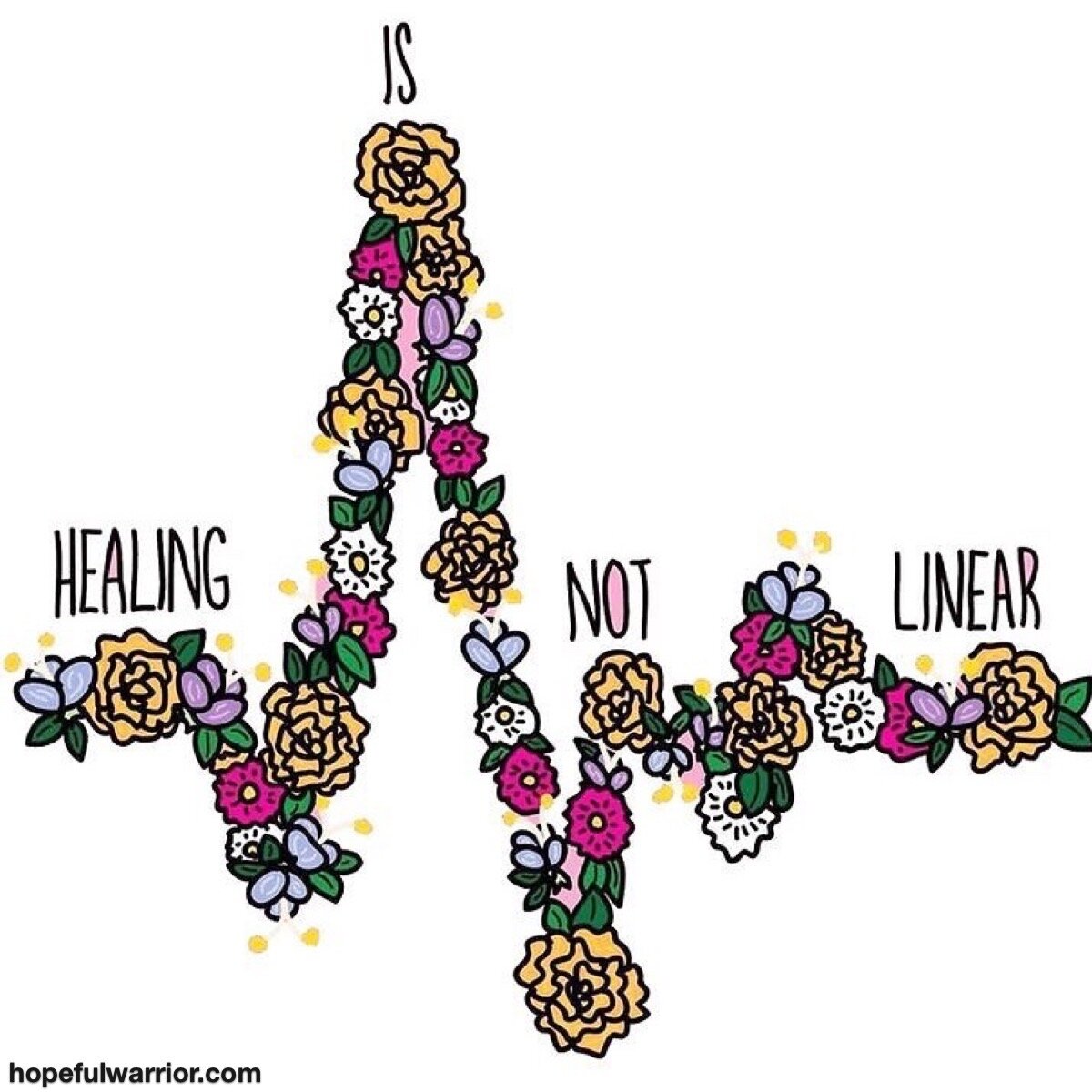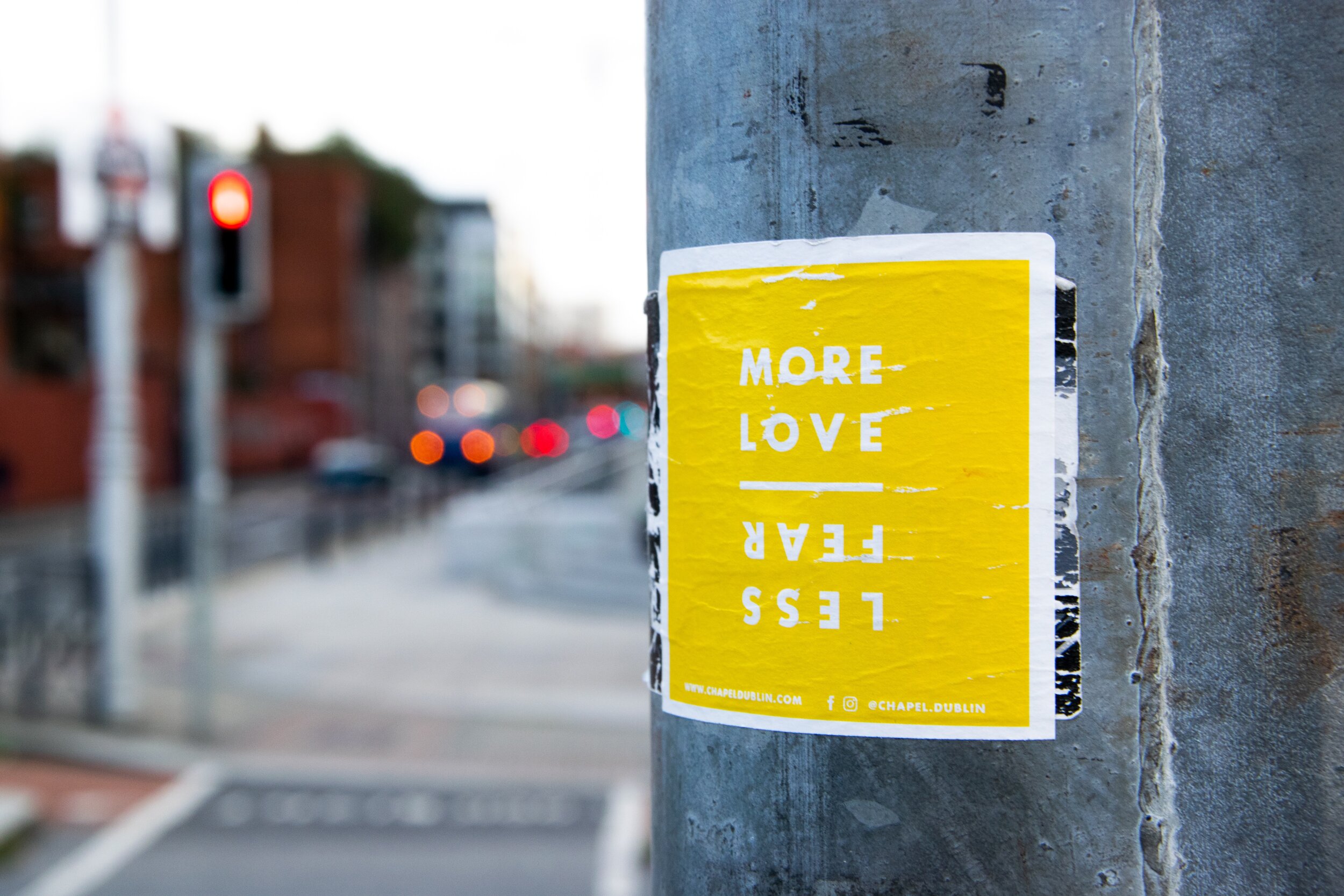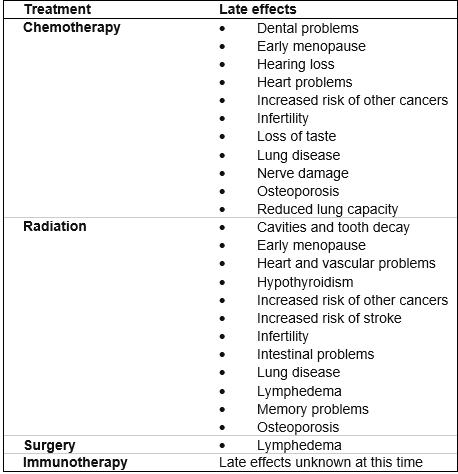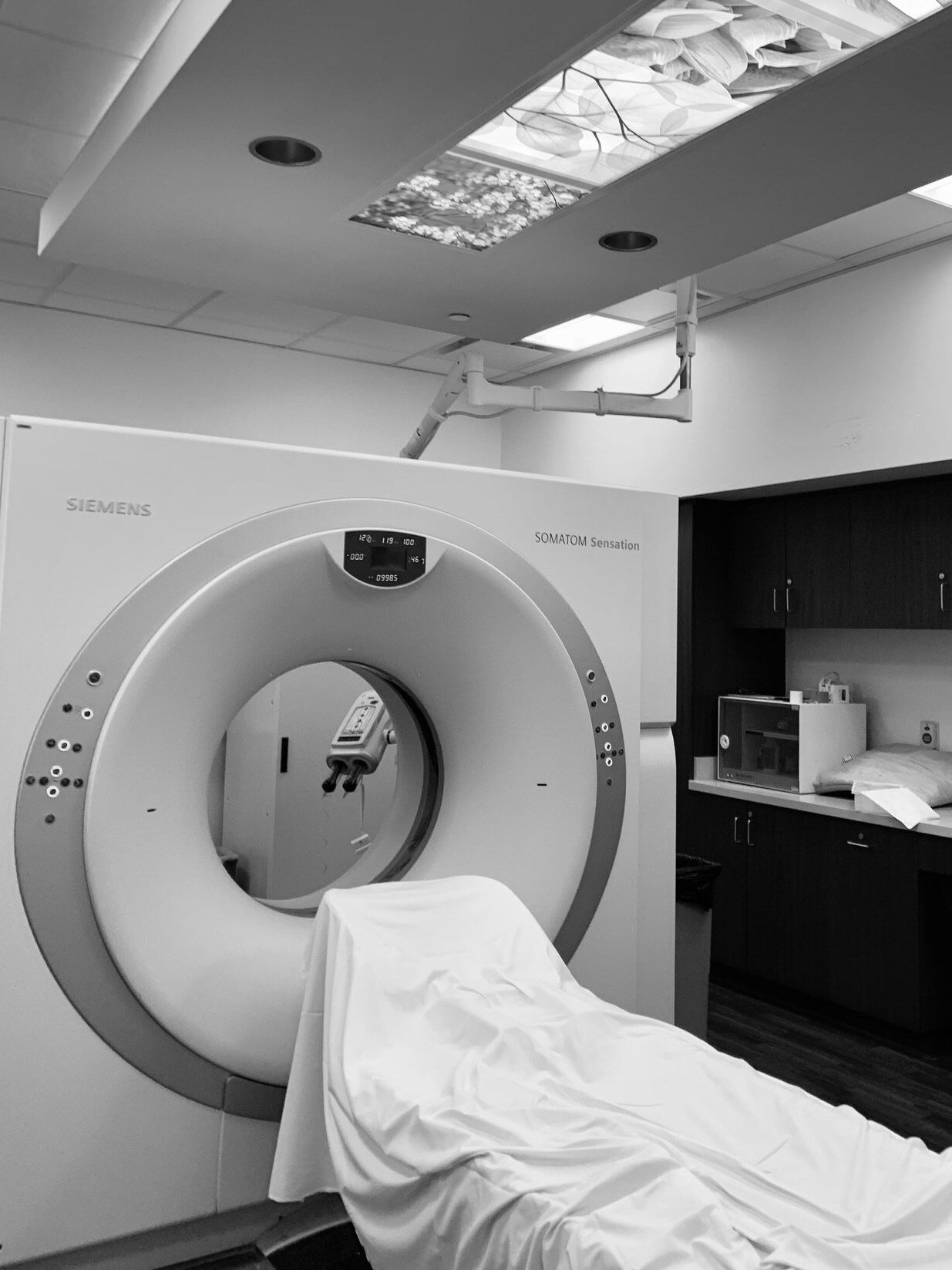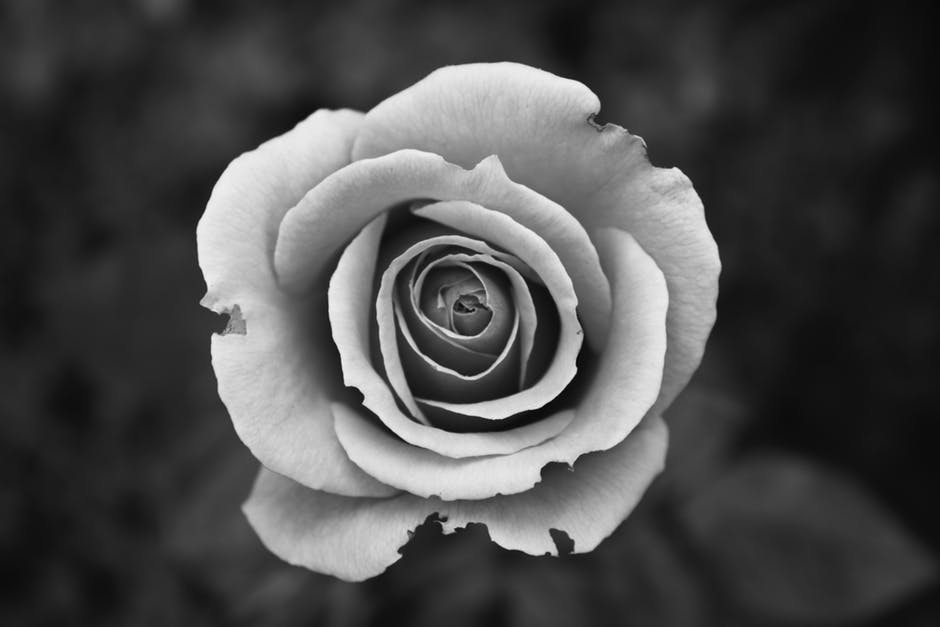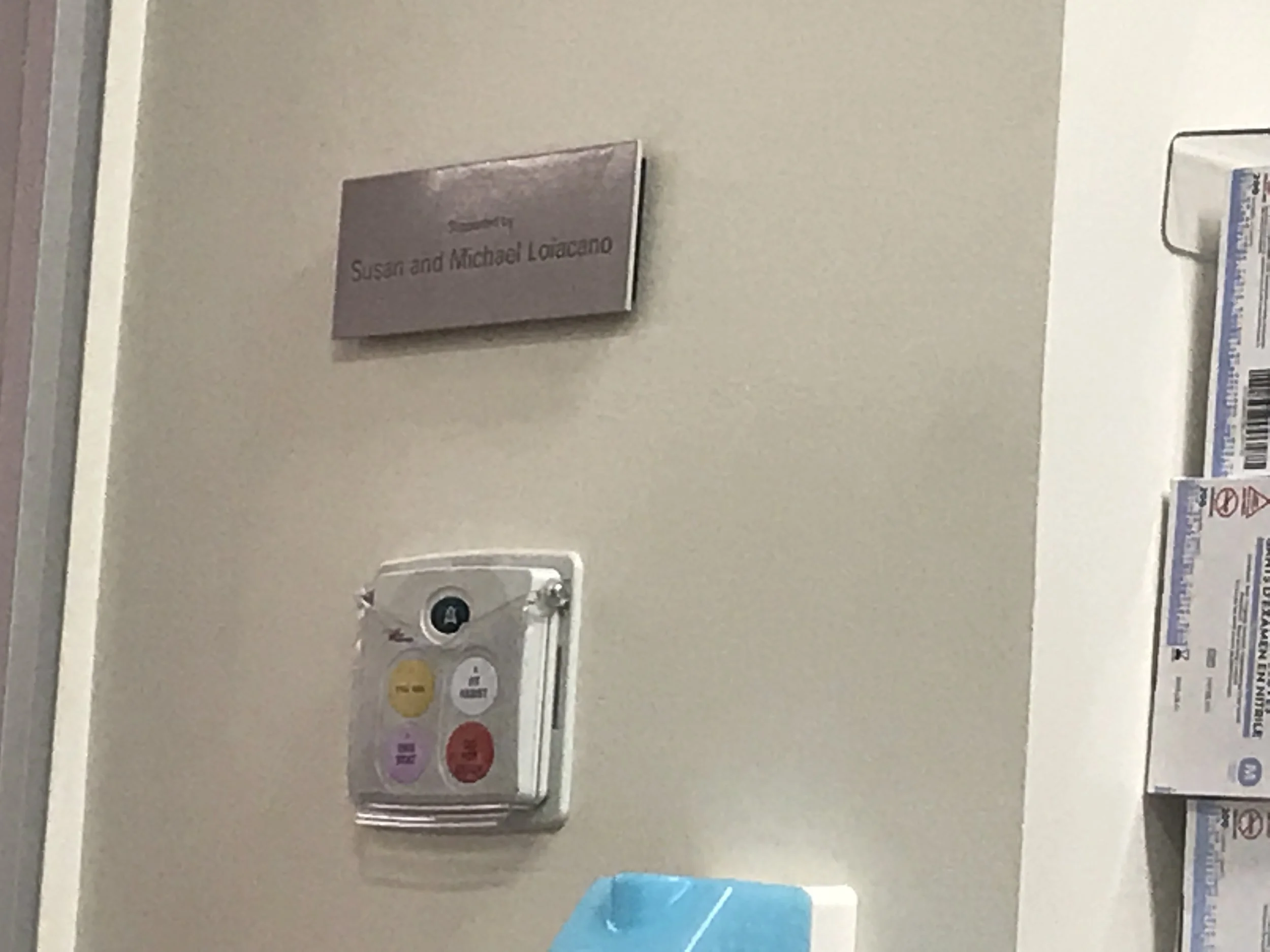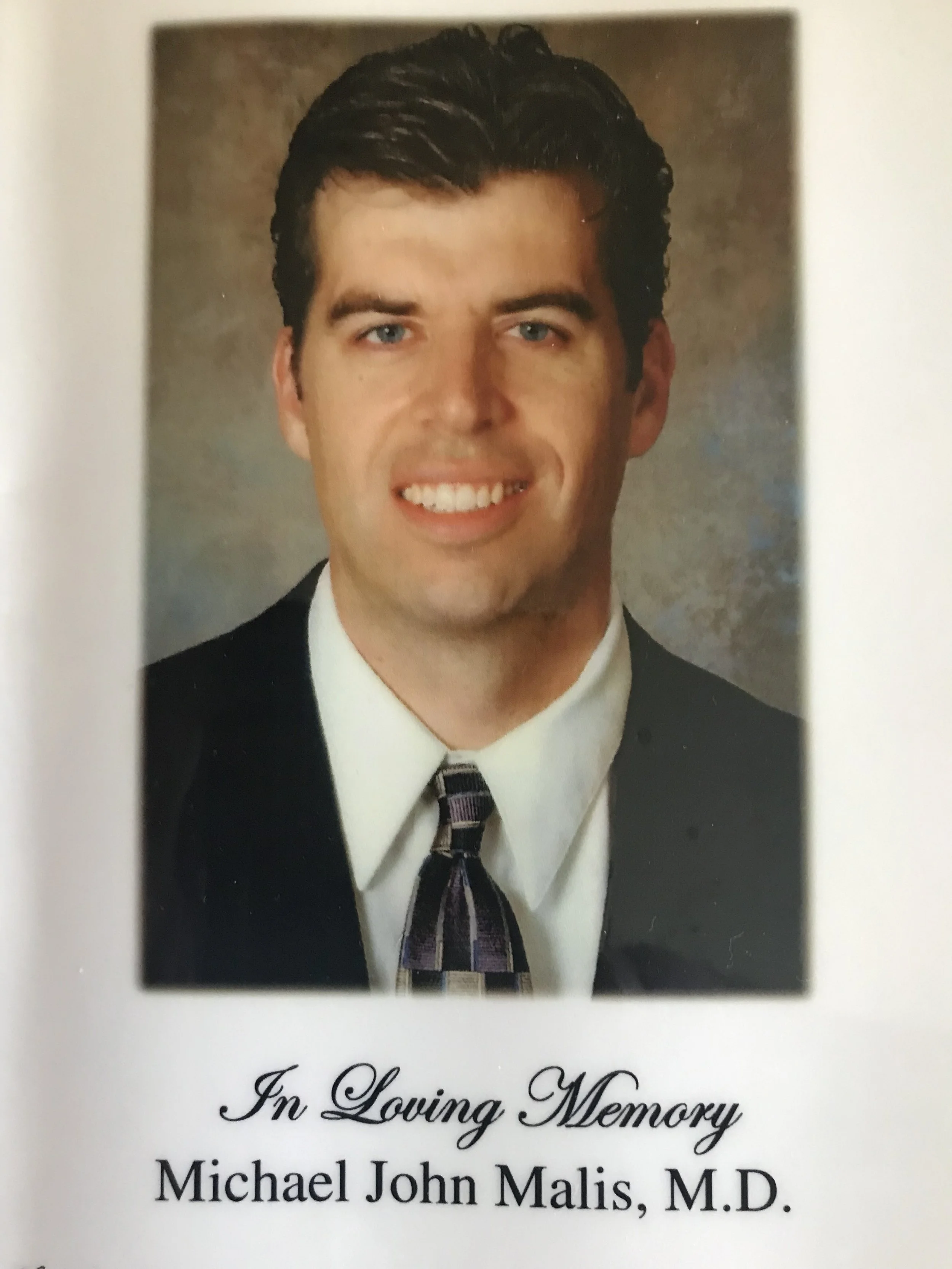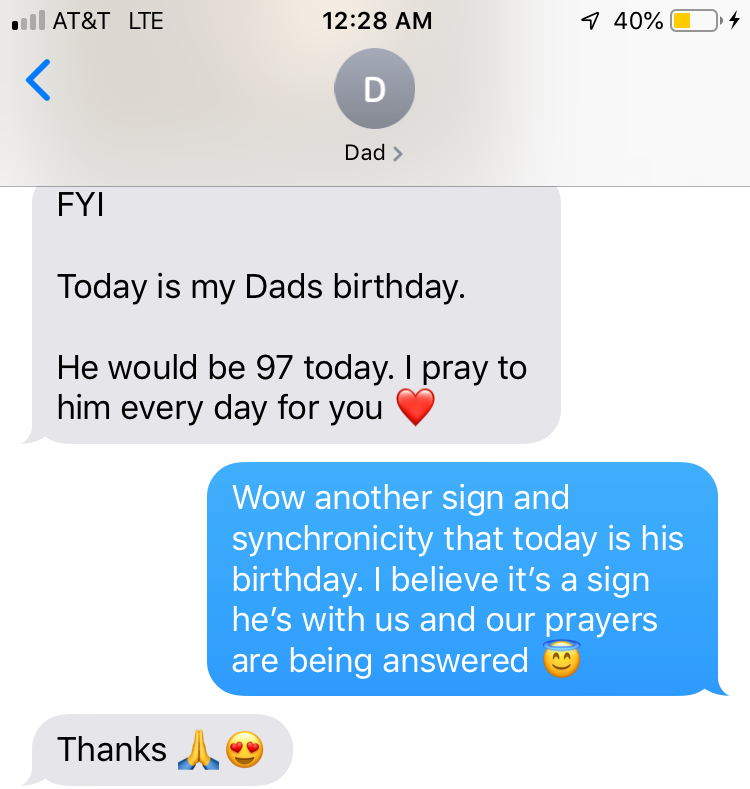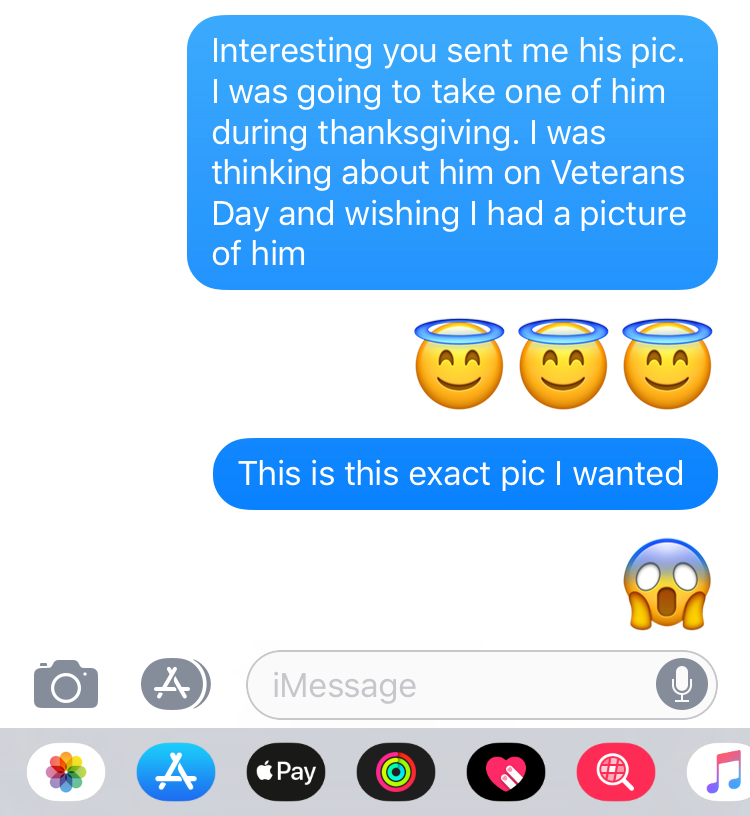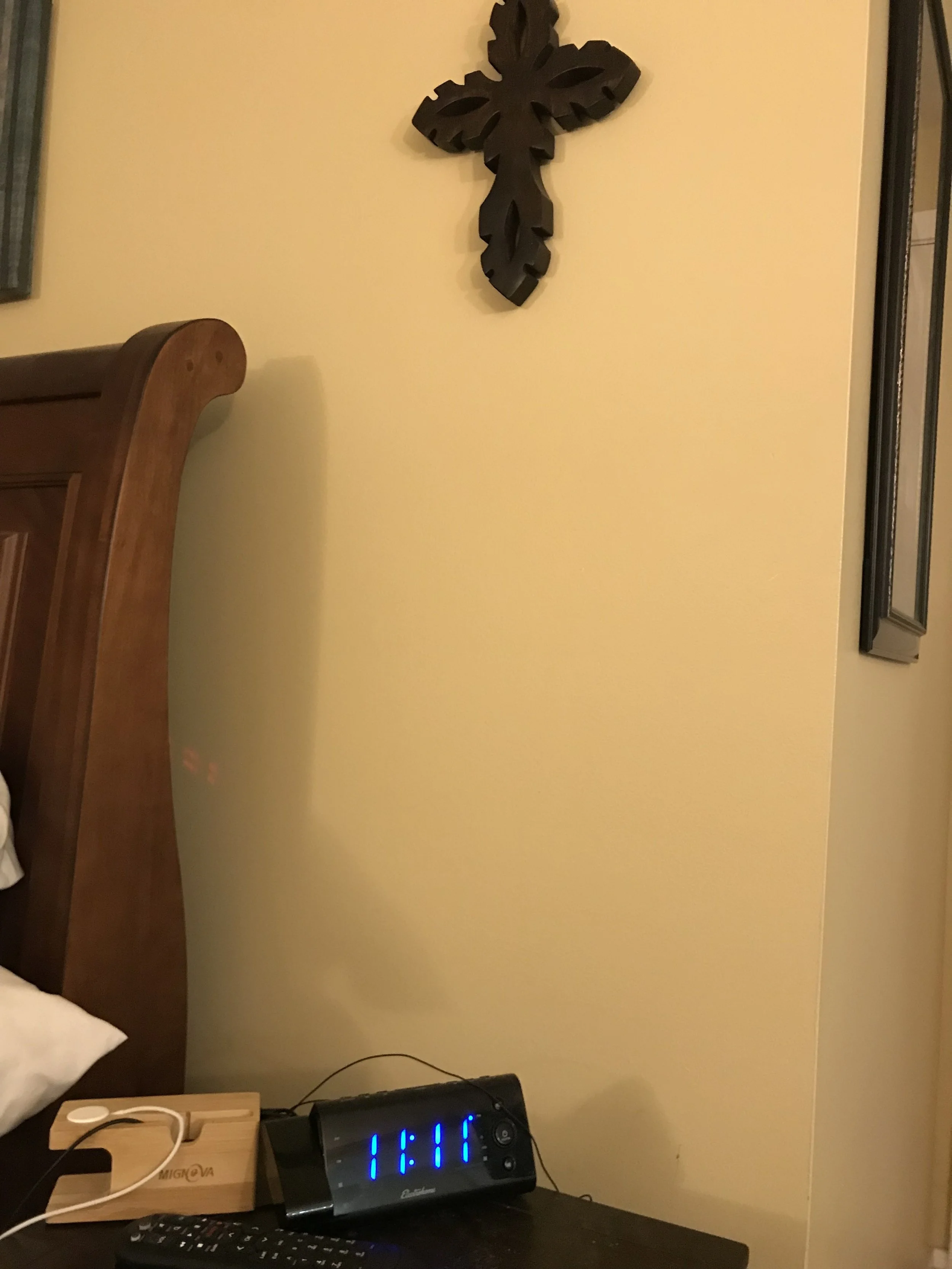Why is a four-leaf clover lucky? As a mom, I often have to field questions like this from my children and admittedly as I approach my first full year of remission, ‘luck’ has been on my mind. What does it mean to be lucky and can someone change their luck, especially when it comes to their health?
When we receive a diagnosis of cancer or hear of someone else’s diagnosis, our knee-jerk response is often to say it’s a case of bad luck. But when something ‘good’ happens, like getting a dream job or buying a new house or car, people tend to attribute that to a certain amount of luck or good fortune. However, getting diagnosed with cancer or another serious illness can turn out to be a blessing for many people; many cancer survivors often claim it was the best thing that could have happened to them.
What if cancer is not a curse, but simply our body’s way of getting rid of something that does not belong to it, or that should not be there? When we view life this way, the diagnosis of cancer, or any other serious illness, becomes an opportunity rather than an unfortunate event.
Where science and luck intersect has long been of interest to many. New research into the science of luck shows that it is not some mystical force—it requires action, and many of the events that may seem like random chance are not so random after all. By combining recent discoveries in psychology, genetics and neuroscience, experts are developing a new way of understanding luck and what it means for our health.
More than Luck? It’s in the Genes
Why do we get cancer? What makes the cells in our bodies start to rapidly change and divide out of control?
Overall, inherited mutations are thought to play a role in about 5 to 10 percent of all cancers. This can be compared to what happens in nature in a field of clover. Usually, we see 3 leaves on each clover. However, once in a while, we find a clover that has an extra leaf making it a four-leaf clover. We don’t know why Mother Nature decided to add that extra leaf—she just did.
There is no obvious explanation since all the clover plants grew in the same soil and were exposed to the same sun and rain. Mother Nature just decided to add an extra leaf to one of the clover in the field. This doesn’t make it better or not as good as the other clover— it’s just different. It is much the same when we or someone we love develops cancer. We don’t know exactly why the cells started to change and rapidly divide out of control. Some say this happens due to a combination of genetics, our environment and perhaps even luck.
About 1 in 10,000 of clover also known as Trifolium repens has four leaves instead of the usual three seen in the traditional Irish shamrock. It’s widely believed it brings a person good luck when they find a four-leaf clover; however the reason for the extra leaf is rooted in science. In 2010, scientists at the University of Georgia found a gene that produces a fourth leaf on Trifolium repens. Because four-leaf clovers are a mutation, they are rare, and not found in the same abundance as the typical three-leafed shamrock—making them both rare and lucky.
Epigenetics and the Future of Healthcare
“to think that one gene equals one trait is a mistake… you don’t realize the ramifications that one change can make on everything else around it” – Tracy Gapin
Inside each cell in the human body there is a copy of DNA (deoxyribonucleic acid) which is made up of billions of base pairs of proteins. According to Oklahoma Medical Research Foundation President, Dr. Stephen Prescott, “About 99.5 percent of human DNA is identical, but the differences in that .5 percent are what make us individuals. Changes in the DNA are called mutations and we all have them. Some make no difference at all, while others are linked to everything from hair color and height to different diseases like lupus, rheumatoid arthritis, as well as cancer and developmental disorders.”
The collective name for the processes by which cells designate some genes for use and others for storage is called epigenetics. Epigenetics is key to an organism’s development. A human embryo develops from a single cell and must be able to develop hundreds of different types of cells such as muscle cells, nerve cells and kidney cells that comprise a human being. The specific set of switched-on genes within a cell determine the type of cell it is. Certain epigenetic factors influence which genes are active — which are in use by the cell — and which are not.
“Almost all of the cells of our bodies (except certain immune cells) have exactly the same genes — the same ‘hardware,'” says Myles Brown, MD, co-director of Dana-Farber’s Center for Functional Cancer Epigenetics and professor of medicine at Harvard Medical School. “It is the specific ‘software’ that a cell is running that determines its cellular identity. In cancer, both defects in the hardware (gene mutations) and ‘bugs’ in the software (epigenetic alterations) play major roles.”
The most common explanation for cancer is genetic: misaligned chromosomes, misspelled DNA, or miscopied genes all interfere with a cell’s basic programming, sending the cell into hyper-growth. As knowledge of the epigenome grows, we continue to learn more about how the substances we consume and the social situations we are in influence the way our genes are expressed. By better understanding genetics and how our genes can cause diseases, researchers hope to prevent the onset of illnesses or find new treatments for cancer and diseases we already have. However, unlike genetic mutations, epigenetic changes are potentially reversible. This raises the possibility that drugs capable of returning epigenetic markers to their normal setting could be extraordinarily effective in treating and perhaps even curing cancer.
Luck and What it Means for Health
Luck isn't just the outcome of chance events. Improbable events are likely to happen if given enough opportunities. So how do we tip the scale in our favor and become luckier, especially when it comes to our health?
Dr. Richard Wiseman is a professor of psychology at the University of Hertfordshire and the bestselling author of many books including: Luck Factor. What his work shows as a whole is that people can change their luck.
Luck is not something supernatural in nature. It's something that we are creating by our thoughts and behavior. Dr. Wiseman ran a series of experiments called "Luck School" where he taught unlucky people how to act more like lucky people do. The result? In total, 80 percent of people who attended Luck School said that their luck had increased. On average, these people estimated that their luck had increased by more than 40 percent. And not only were they luckier afterward, tests results showed they were also happier.
[Watch this video for more on his experiment]
According to Dr. Wiseman, we can increase our luck by following 4 basic principles rooted in science and psychology:
1. Lucky people take advantage of opportunities. Lucky people create, notice, and act upon the chance opportunities in their lives. Lucky people are always willing to try new things. Unlucky people suffered from paralysis by analysis. They typically won’t do anything until they walked through every single scenario and unfortunately by then the world had moved on. They don't gain the benefits of learning by doing. Wiseman’s research also shows certain personality types are luckier because they tend to create scenarios that maximize opportunities, thereby increasing the odds of a lucky outcome.
Who is more lucky?
People who are extroverted: More time with others, more interesting possibilities.
People who aren't anxious: Tense, anxious people are less likely to notice and take advantage of opportunities.
People who are open to new experiences: Without embracing the new, you're probably not going to have many interesting things happen.
2. Lucky people follow their intuition. When your body has expertise in a certain area, somehow your body and the brain have detected a pattern that you haven't consciously recognized and that signals your intuition. Lucky people stop and consider those feelings or special hunches. However, when unlucky people got those feelings, they didn't follow them because they didn't know where they came from. They were anxious about the world. Want to increase your luck? Simply follow your gut more often.
3. Lucky people's attitudes help them transform bad luck into good. Lucky people aren't always lucky — but they handle adversity differently than unlucky people. Lucky people see the positive side of their bad luck. Lucky people are convinced that any bad turn of events in their lives will, in the long run, work out for the best. Lucky people do not dwell on their misfortune; instead they take steps to prevent more bad luck in the future. How do you respond to disappointment? When things get tough in life you have two choices: fold or keep going. Lucky people are very resilient.
4. Lucky people expect good things to happen to them. Be an optimist. It turns out a little delusion can be beneficial. You're more likely to try new things, follow through on opportunities and find success if you believe things will work out well. Lucky people also believe in superstitions. Several studies have shown good luck charms do improve performance, whether it's physical skills like playing golf or mental skills like memory tasks.
Luck is similar to gratitude in that a lot depends on your perspective. Even when bad things happen, lucky people respond to adversity differently, often finding the positive side to their misfortune. When it comes to luck and our health, we often have greater control over our future than we realize. We can change our luck and now science is even showing we may be able to alter our genes, improve our health and even reverse diseases through our thoughts, behavior and healthy lifestyle choices.
Sources:
https://omrf.org/2014/03/17/theres-more-than-luck-behind-a-four-leaf-clover/
http://treytonsposse.com/about/clover/
https://www.cancer.gov/about-cancer/causes-prevention/genetics/genetic-testing-fact-sheet
https://blog.dana-farber.org/insight/2018/01/epigenetics-cancer-research/
https://mantalks.com/tracy-gapin/
https://theweek.com/articles-amp/617478/how-become-luckier-according-science
The Science of Luck https://www.youtube.com/watch?v=3NHSmOcX6wU
(Dr. Wiseman’s Experiment)





